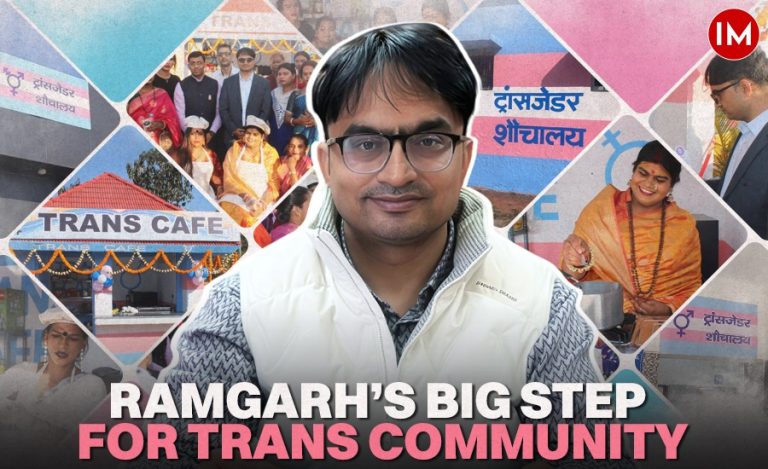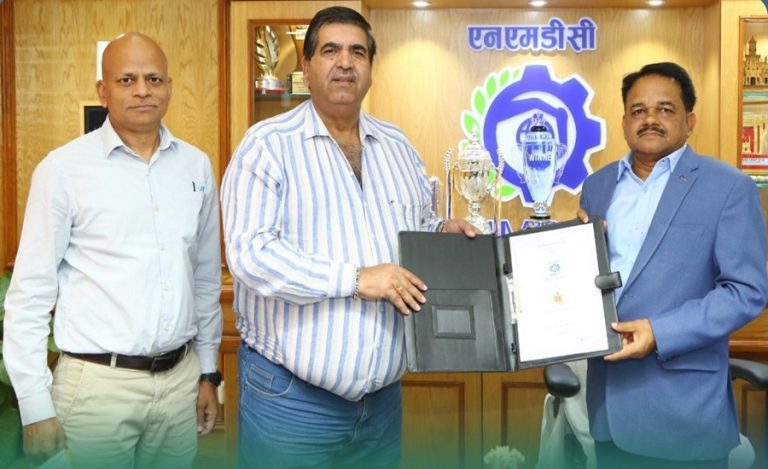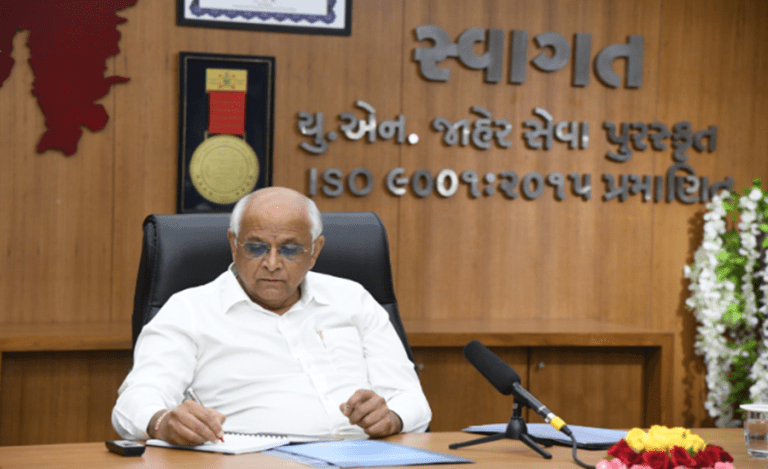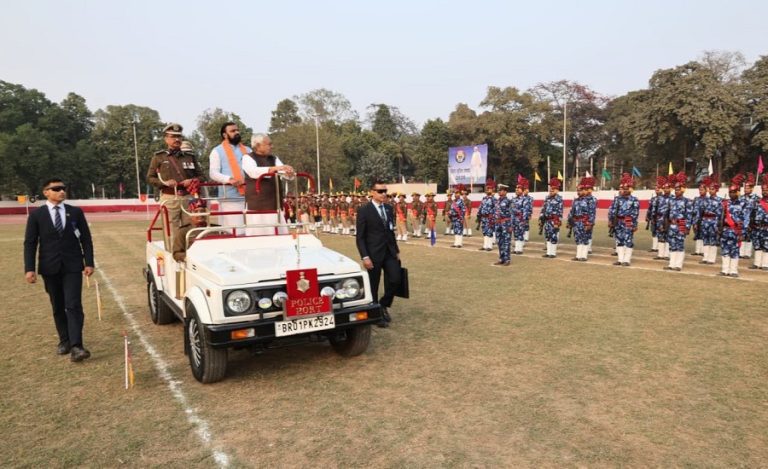Prisons were made to hold criminals who if left outside, could commit more crimes. The purpose is defeated if a prisoner is inclined to a crime even after serving his sentence. It is therefore, important for prison authorities to ensure their rehabilitation.
It is with this purpose, DGP Prison, Homeguards and Civil Defence, Nagaland, Mr. Rupin Sharma has initiated Jail reformation programs providing prisoners skill training and an opportunity to start a fresh life after they go out.
A CORRECTIONAL INSTITUTE
In an exclusive conversation with Indian Masterminds, the 1992 batch IPS officer of Nagaland cadre Mr. Sharma

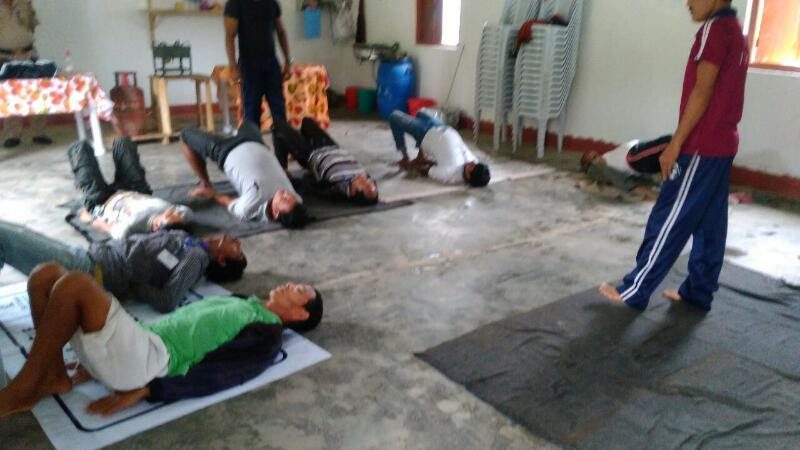
said, “It is a process of transforming jails from institution of punishment to reform and rehabilitation. Increasingly efforts are being initiated countrywide to help integrate inmates with the society post-release and make them productive components of the society when still in the prisons. Prisons are being called ‘correctional institutions’.
KUSHALTA KA KADAM
In Dimapur Jail electric goods manufacturing company, USHA is carrying out a program to train jail inmates in stitching and helping them to open their own production outlets after their release. When asked about how he tied up with USHA he said, “I had heard of USHA’s program – Kushalta Ke Kadam, in a news telecast. However, USHA was only doing it with civilians and ladies. I approached USHA’s representatives through some contacts and after initial formalities, USHA finally agreed. Even for USHA it was a new and unique experiment – in Jails – a first of its kind.”
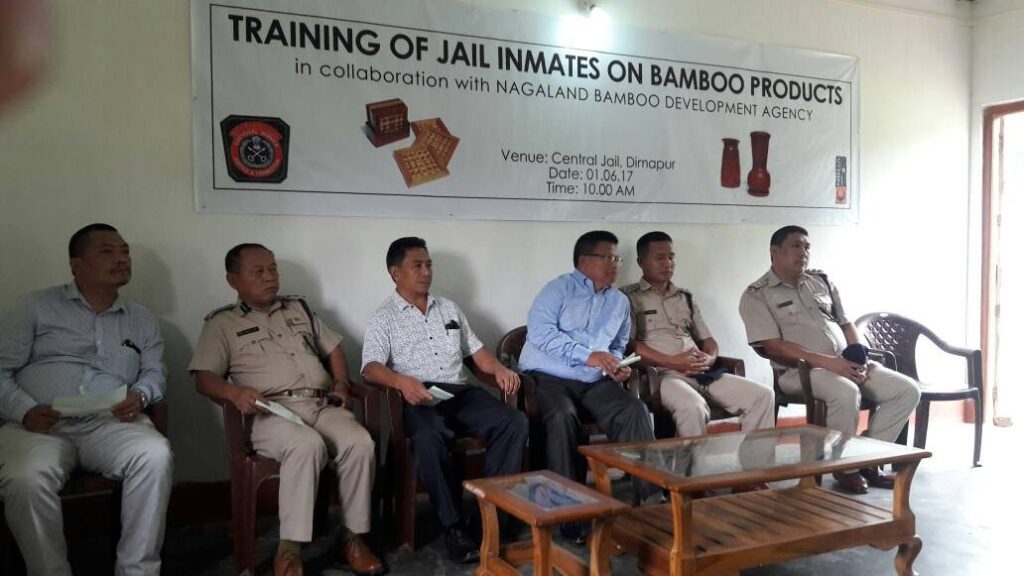
After USHA came on board the major step was to convince the inmates to get the training. However, this wasn’t much difficult. “We have been trying to convince the inmates to upgrade skills for being reformed and productive elements in the society. Some inmates face stigmatization and problems in getting jobs. Therefore, we decided to initiate programs where they can be gainfully employed, without being dependent on anyone – self-employed or self-sustaining. Most inmates agreed readily”, he added.
The initial training program was for 15 persons which included there jail staff who will be future trainer. While the training is going on the Dimapur jail under the leadership of Mr. Sharma is trying to run a production centre from the jail in due course.
Besides this, they are also working on several other reforming programs which include opening up of petrol pumps in jails which will be run by inmates or former inmates – convicts or former Under-trials.
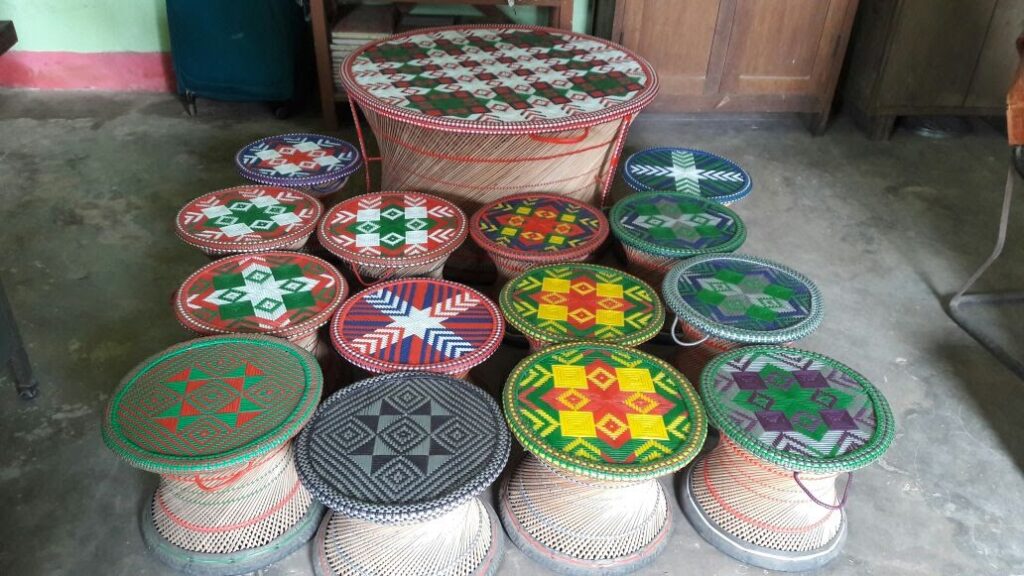
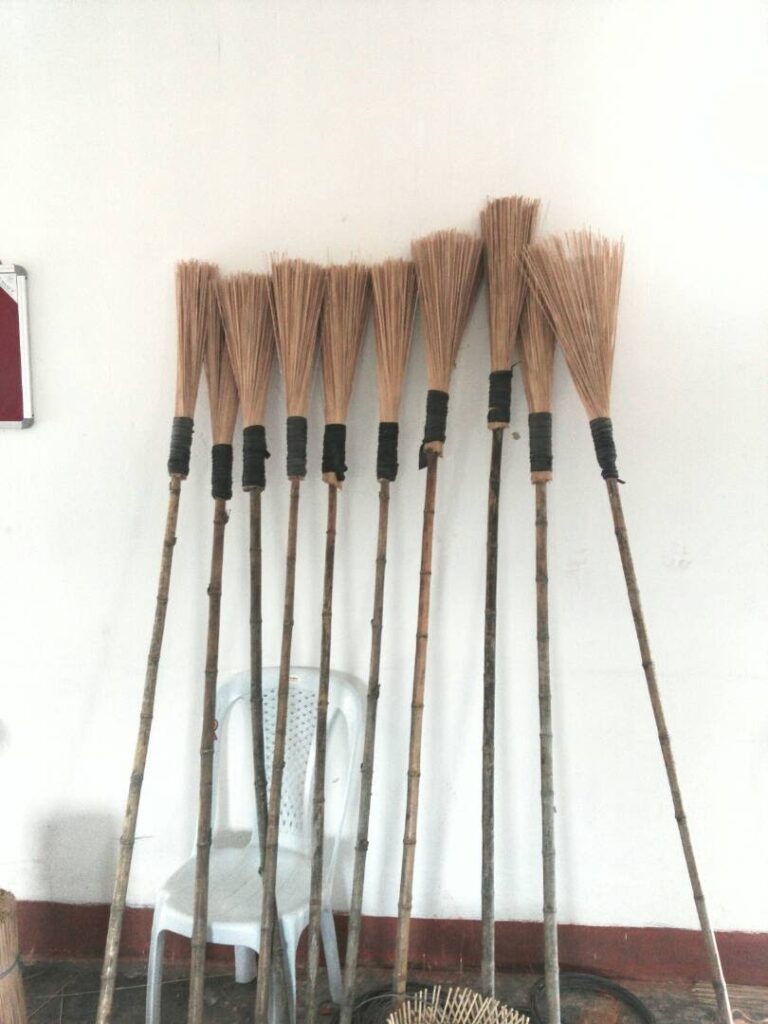
Another program to train 60 inmates in tailoring is in progress as are manufacturing of sanitary napkins, and two confectionery units. The NHIDCL and HINDUSTAN PETROLEUM have contributed two sets of confectionery machines to jails in Nagaland. Mr. Sharma said, “We are currently in talks with some agencies to impart training in skills like barbers, masonry, carpenters, plumbing and electricians etc. These will see the light of the day soon, hopefully. Earlier we trained inmates in making snacks and food and also in repair of LED bulbs. Similarly our inmates make local handicrafts etc.”
REFORMS NEEDED
According to Mr. Sharma the ultimate aim is to treat inmates as productive humans who may have committed mistakes in life. While we all commit sins (mistakes), only a small fraction gets arrested and lands up in jails.
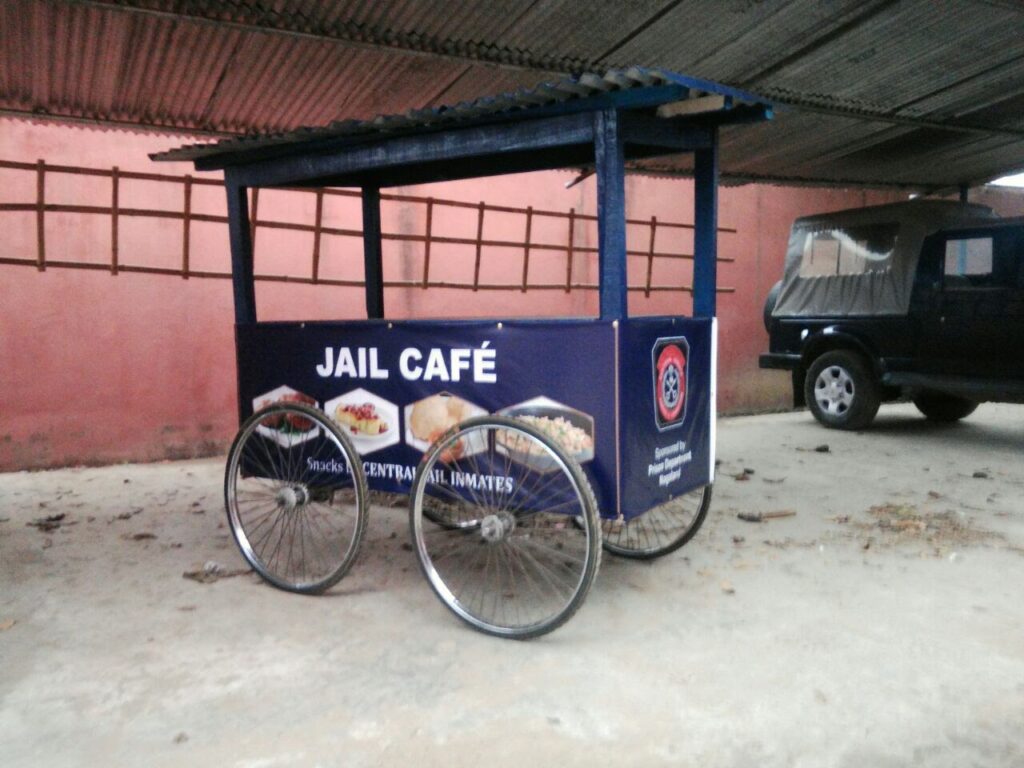
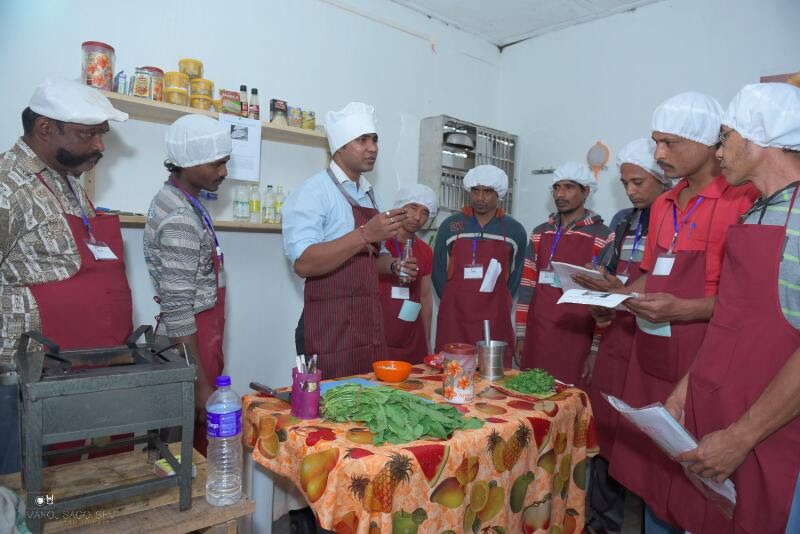
He concluded, “Most jails in the country undertake such programs but the degrees vary. With a jail population of almost 5 lakhs in the entire country, the population of inmates in jails is a vast manpower resource, waiting to be trained and tapped. Industry leaders need to partner in this endeavour for the well -being of the society in generally.”







